|
Homie - o - what?
HOMEOPATHIC MEDICINE is natural medicine that has a high quality evidence base (randomized controlled trials and meta-analyses) for the treatment of Diarrhoea[1] and Ear infections in children;[2] [3] Hay fever,[4] [5] Menopause[6] [7] and Vertigo.[8] Homeopathic medicine is a branch of medical science based on the principle that disease can be combated through strengthening the immune system with substances selected for their energy giving properties. Homeopathic medicine recognises mental, emotional and physical symptoms, and has a systematic way of utilizing a symptom via a rubric. A rubric is a clinically verified symptom found in the repertory -an index of homeopathic medicines by symptom. Repertorization, the process of translating symptoms into clinically usable data, is a scientific, systematized standard unique to homeopathic medicine. Homeopathic medicines are prescribed in accordance with clinically verified symptoms - repertorization - not on the indication that X medicine is known to assist with X condition so therefore might help Mr X’s problem – which is standard practice in all other systems of medicine. Homeopathic medicine is patient-centric. For example, four year old triplets Tim, Tommy and Tony were diagnosed with chronic diarrhoea. Tim had diarrhoea, extreme weakness and believed he would die; Tommy experienced a rumbly tummy with gushing, painless, foul diarrhoea while Tony had become a very angry child with frothy, watery diarrhoea and severe abdominal pains. After repertorization, Tim would be prescribed Ars; Tommy Podo; and Tony Coloc; three different homeopathic medicines even though chronic diarrhoea was the diagnosis, because each child was suffering in his own, individual way. Homeopathic medicine is prescribed using a systematized, scientific method which translates symptoms into clinically verified rubrics, creating usable data to identify the specific homeopathic medicine for an individual’s mental, emotional and physical symptoms / sufferings. Homeopathic medicines are inexpensive and, with a few exceptions, not patented. In Australia, always seek the services of a homeopath registered with AROH. REFERENCES [1] https://www.ncbi.nlm.nih.gov/pubmed/12634583 Homeopathy for childhood diarrhea: combined results and meta-analysis from three randomized, controlled clinical trials. [2] https://www.ncbi.nlm.nih.gov/pubmed/11224838 Homeopathic treatment of acute otitis media in children: a preliminary randomized placebo-controlled trial. [3] https://www.ncbi.nlm.nih.gov/pubmed/22226309 Randomized controlled pilot study to compare Homeopathy and Conventional therapy in Acute Otitis Media. [4] https://www.karger.com/Article/Pdf/210233 A Meta-Analysis of the Homeopathic Treatment of Pollinosis with Galphimia glauca [5] https://www.ncbi.nlm.nih.gov/pubmed/2876326 Is homoeopathy a placebo response? Controlled trial of homoeopathic potency, with pollen in hayfever as model. [6] https://www.ncbi.nlm.nih.gov/pubmed/22852580 Efficacy of a non-hormonal treatment, BRN-01, on menopausal hot flashes: a multicenter, randomized, double-blind, placebo-controlled trial. [7] https://www.ncbi.nlm.nih.gov/pubmed/25768800 Individualized homeopathic treatment and fluoxetine for moderate to severe depression in peri- and postmenopausal women (HOMDEP-MENOP study): a randomized, double-dummy, double-blind, placebo-controlled trial. [8] http://www.biopathica.co.uk/Articles/Dizziness/19%20%20Vertigo%20Treatment%20with%20a%20Homeopathic%20Complex%20Remedy.pdf Treatment of vertigo with a homeopathic complex remedy compared with usual treatments – a meta-analysis of clinical trials. PHOTO CREDIT: healthyhomies.blogspot.com
0 Comments
Homeopathic medicine is just placebo right? The Australian government tells us so. But, there are high quality, randomized controlled trials (RCT’s) for conditions such as menopausal depression showing POSITIVE clinical effect for homeopathic medicine. A 2017 hospital based RCT which assessed 133 women with major menopausal depression concluded homeopathy improved menopausal symptoms when scored by the Greene Climacteric Scale. (1) (2) There are 180+ RCT’s of homeopathic medicines for a range of clinical conditions. This is how randomized controlled trials of homeopathic medicine compare to pharmaceuticals. The difference in the number of RCT’s is not surprising when we see the miniscule amount of money allocated to research into complementary and alternative medicine (CAM); just 0.03% in Australia[3] and 0.0085% in the UK [4] of the total medical research budgets. A glaring discrepancy considering two out of three Australians [5] and 15-20% of British people regularly use CAM. Evidence based pharmaceutical medicine? We all know that pharmaceutical medicines are effective, evidenced based, high quality medicines, which have been rigorously tested right? But where does this belief actually stem from when, for example, a 2017 Stanford University study revealed that just 7% of more than 60,000 clinical studies analysed passed the criteria of being high quality and clinically relevant to patients. [6]. The plot thickens when a University of Sydney research scientist and expert in pharmaceutical policy states “We’ve seen a shift internationally to the lowering of standards, especially for effectiveness, evidence, and bringing in pathways to get new drugs to market, and very limited standards of evidence, especially for some of the newer cancer drugs and rare disease drugs that are coming in.” [7] And, from the British Medical Journal ‘‘too many research studies are poorly designed or executed. Too much of the resulting research evidence is withheld or disseminated piecemeal. As the volume of clinical research activity has grown the quality of evidence has often worsened, which has compromised the ability of all health professionals to provide affordable, effective, high value care for patients.’’ [8] As informed and educated people we seek the best treatments possible for ourselves and our families but are we being told the truth when it comes to accurate and evidence based affordable, effective, high value healthcare? It would seem that this depends entirely on where you look… Pharmaceutical companies are not legally bound to sell patients the best treatment, but they are obliged to provide profit for shareholders. Between 2009 and 2014, the industry received fines totalling $13bn for criminal behaviour that included illegal marketing of drugs, hiding data on harms and manipulation of results. Interested in learning more about complementary and alternative (CAM) medicine? A great CAM initiative is the Your Health Your Choice campaign, providing up to date news and information where you can also sign up to express dissatisfaction with the current Australian CAM conundrum to our politicians. A bit more on evidence; Due to complaints of scientific misconduct, the leaked 2015 Australian NHMRC homeopathy report concluding no evidence for homeopathy has sat before an ombudsman for over two years…The 2015 report is actually the second version – the first homeopathy report of 2012 was buried - its findings remaining hidden from the Australian tax payers who funded it. (9) Homeopathy improves menopausal symptoms when tested against placebo. This statement is referenced below by two randomized controlled trials (RCT’s); Menopausal hot flashes: a multicenter, randomized, double-blind, placebo-controlled trial. (10) A study of one hundred and eight menopausal women concludes that BRN-01 (a registered homeopathic medicine) seemed to have a significant effect on the HFS (Hot Flash Score), compared with placebo. According to the results of this clinical trial, BRN-01 may be considered a new therapeutic option for hot flashes in menopausal women who do not want or are not able to take hormone replacement therapy or other recognized treatments for this indication. Individualized Homeopathic Treatment and Fluoxetine for Moderate to Severe Depression in Peri- and Postmenopausal Women (HOMDEP-MENOP Study): A Randomized, Double-Dummy, Double-Blind, Placebo-Controlled Trial. (1) A study of one hundred and thirty three menopausal women with major menopausal depression found Homeopathy and fluoxetine are effective and safe antidepressants for climacteric women. Homeopathy and fluoxetine were significantly different from placebo in response definition only. Homeopathy, but not fluoxetine, improves menopausal symptoms scored by Greene Climacteric Scale. Homeopaths acknowledge that the body of evidence for homeopathic medicine is small but growing and much more research needs to happen. To find out more about homeopathic medicine for menopausal symptoms contact your local registered homeopath . Need support or information around depression and anxiety, for yourself, a friend or family member in Australia?
Lifeline 13 11 14 Lifeline Crisis support chat (7pm-midnight AEDT only) In emergencies always call 000 |
AuthorSkilled in unravelling complex patterns of ill health, Sarah Penrose is a qualified, registered and endorsed natural health professional specializing in homeopathic medicine. Archives
December 2022
Categories |

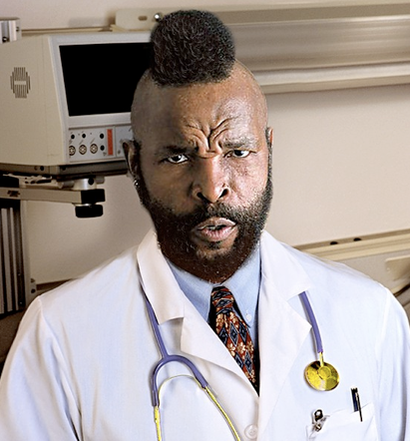
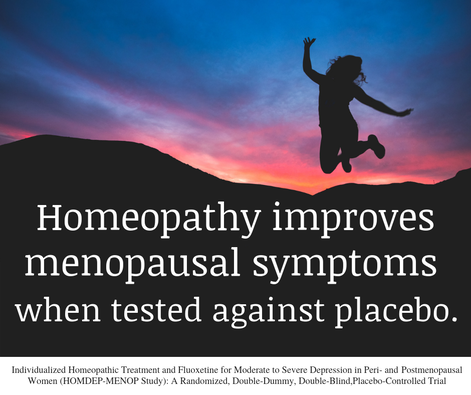
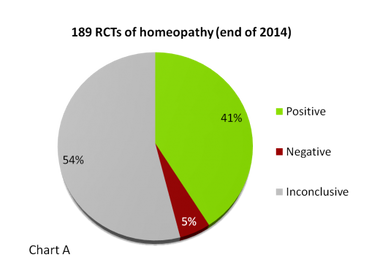
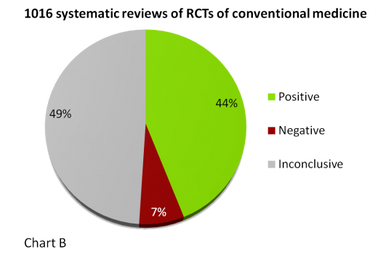
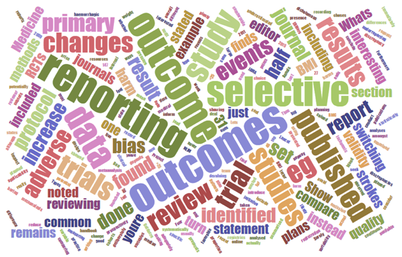
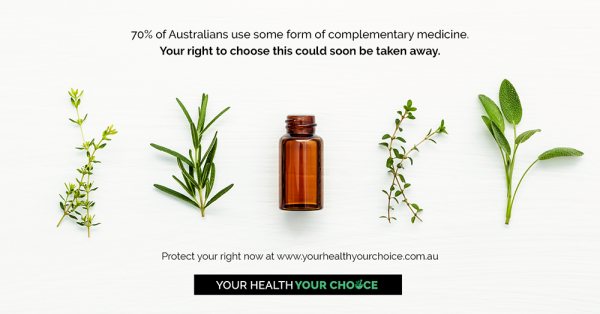
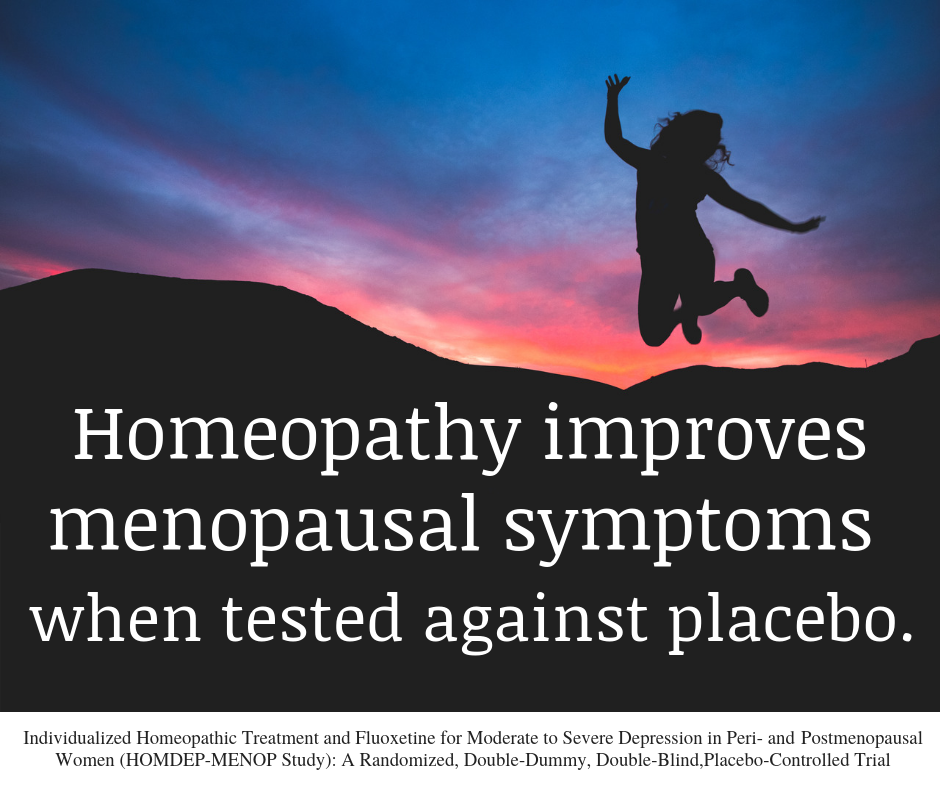
 RSS Feed
RSS Feed



